- Procurement Management
- 17 Jun 2022
How Procurement Delays Hold Up Project Completion

In this post, I will attempt to throw light on the Procurement Phase in EPC Projects, specifically, the challenges and limitations that can affect this phase and potentially delay project completion.
Procurement carries more than 50% of the weightage in EPC projects, with 90% of the cash flow depending on the timely delivery of materials and their related activities. Over the years I have rarely seen a project schedule that didn’t have the delivery of at least one item in the critical path. In fact, material deliveries influence the cash flow, schedule completion, and profit margin of every single project.
How do companies manage this critical activity of procurement?
I have seen that ERP systems are widely used to track the sourcing of materials with a focus on the commercial aspect of the sourcing process. So how is the technical side of the procurement activities being tracked? How complex and critical is this ‘other side’ of the process? Let’s delve into that a bit.
Many stakeholders, multiple Documents, different phase gates, and one PO.
Prior to the release of one purchase order, there are at least nine stages (apart from the vendor registration process) and at each of these stages, multiple stakeholders have to review, comment and approve different documents before the next stage can be initiated. All these stages are done through e-mail transfer or through manual mode. The importance of tracking the progress at each stage against the set schedule cannot be overstated, considering the criticality of placing the purchase orders.
Security Restrictions
An important requirement of the Procurement Process is data privacy. With multiple users, you need to have appropriate security settings so that only the document intended for that particular person’s view can be accessed through the system. This is important because of the competitive bidding and the sensitivity around Project budgets, and to foster unbiased decision-making.
Importance of Procurement Documents
Procurement activities are subject to multiple audits due to the complexity of the process and its commercial impact on the project. Hence, the upkeep of procurement documentation is very important to project management teams. Procurement-related documents need to be archived in a structured manner for access by auditors and as a reference for future projects. Also, the material requisitions, vendor offers, etc. need to be made accessible to the stakeholders for closing out the POs and negotiating any change orders, or for applying to liquidate damages if needed. Managing these procurement documents through e-mail or other file-sharing methods does not guarantee the accuracy and availability of documents.
So the above are a few of the inherent challenges of the procurement process.
Further, we can divide procurement into two major phases – Pre-order and Post-order. In this post, I will discuss the importance and complexity of the pre-order phase, and lay out a few workable solutions to automate the process.

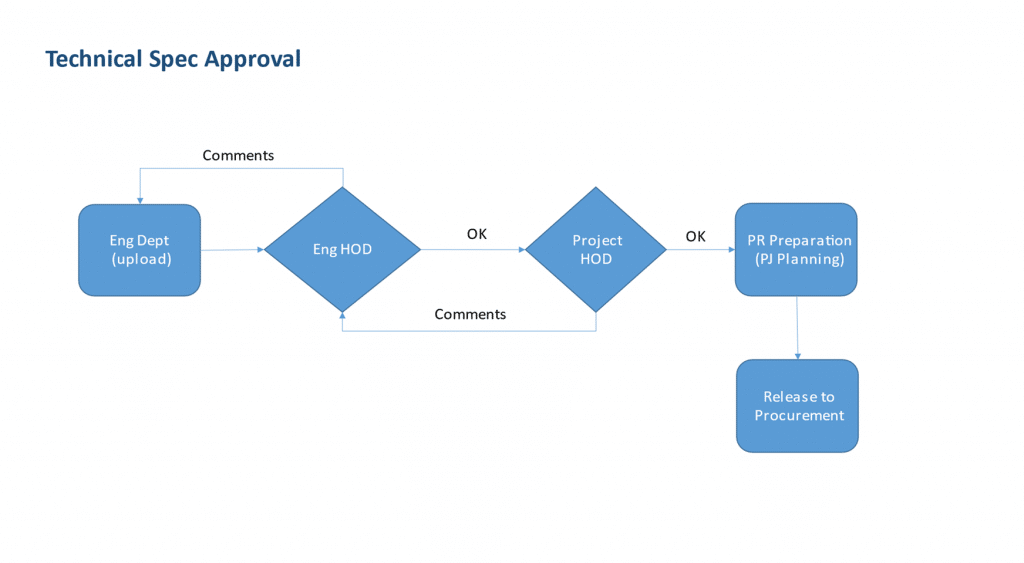
The process starts when the procurement team receives an approved Material Requisition with a required-at-site date. The buyer has to initiate the request for Quotation based on the approved material request received from the Engineering teams.
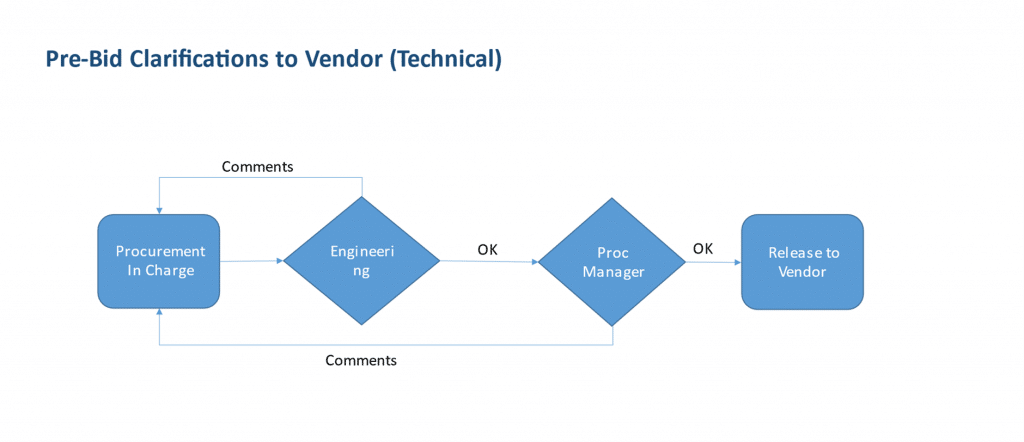
Once the RFQ is sent out to the vendors, the submission of queries by the vendors, if any, has to be addressed by the buyer in collaboration with the engineering, project control, logistic teams, etc. In certain cases, these queries may be clarified by the client or consultants as well. Then the submission of the bids by the vendors must be ensured by the buyer against the allocated schedule.
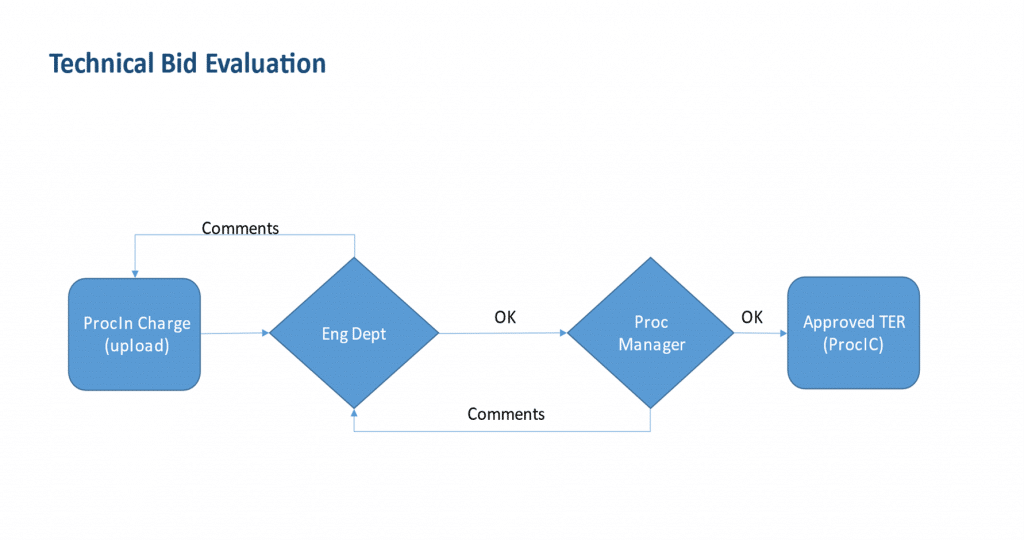
Once the bids are received, the technical part of the bid is forwarded to the engineering team for review, and the schedule part is reviewed by project control teams. The buyer must coordinate clarifications from engineering and project control teams and obtain the necessary clarifications as required before shortlisting the vendors for evaluation of commercial offers.
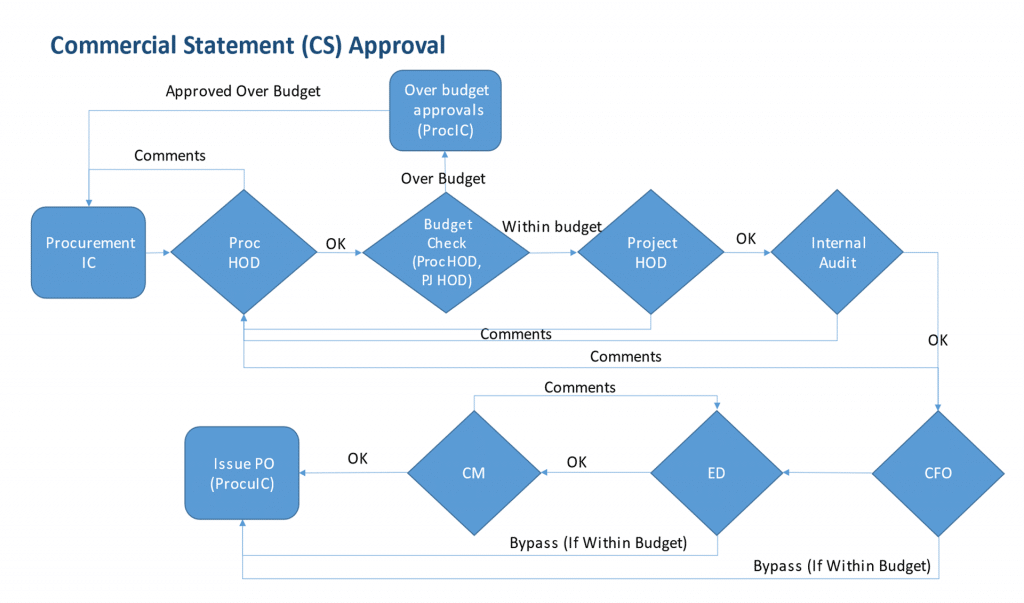
Once the commercial offers are evaluated, the buyer must obtain approval from management to release the purchase order to the lowest bidder. In the case of the lowest bidder exceeding the budget, the buyer may be asked to renegotiate the price or to look for alternate sources or ask for budget revisions.
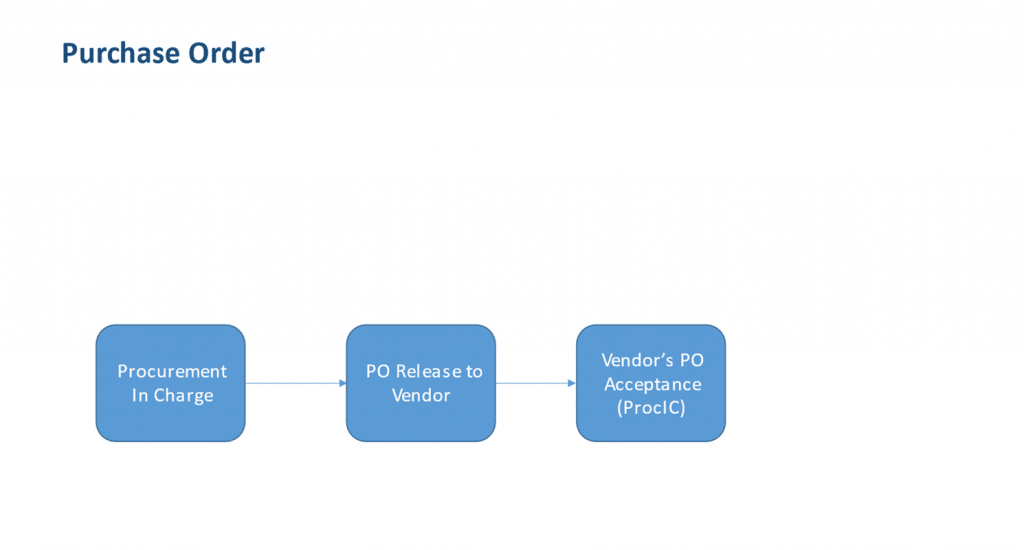
Only after all these processes are completed can the actual purchase order be issued through the ERP system.
How are all these transactions monitored by the buyer and project management team?
As you can imagine, there are multiple agencies, different types of documents, and multiple revisions, clarifications, and reviews involved even before recommending for issuing a purchase order. So the question arises: are we able to track the progress of this important phase through just an ERP system or a scheduling software?
I’d say the answer is a big NO. But what is the alternative?
It’s simple. We need to track the progress of the material requisition issued until the PO is placed in a single workflow, and the progress at each stage of the workflow may be tracked through sub workflows as well. Right?
Well, this can be done by using a digital platform that can be configured to accommodate all the multistage workflows (integrated into a single flow) which will ensure minimal manual intervention while also ensuring adherence to the quality process and at the same time providing real-time status updates to the stakeholders.
So to sum up, I would say that we need to use a digital platform that can do all these functions in conjunction with ERP systems and scheduling software.
In my next post, I will explore the challenges of the post-order phase. Stay tuned.
Author
Sajith R Nair
Sajith is a Graduate Engineer and certified Project Management Professional from PMI who carries 30 years of industry experience. He has deep domain expertise in EPC who worked with major EPC Contractors and owner organisations in the Oil & Gas sector, including Petrofac, KNPC, KIPIC, Chevron, Almeer, BPL Ltd etc.. Sajith has executed EPC projects valuing around 500 M USD, and has been associated with a 16 billion USD new refinery project in Kuwait.
Related Posts
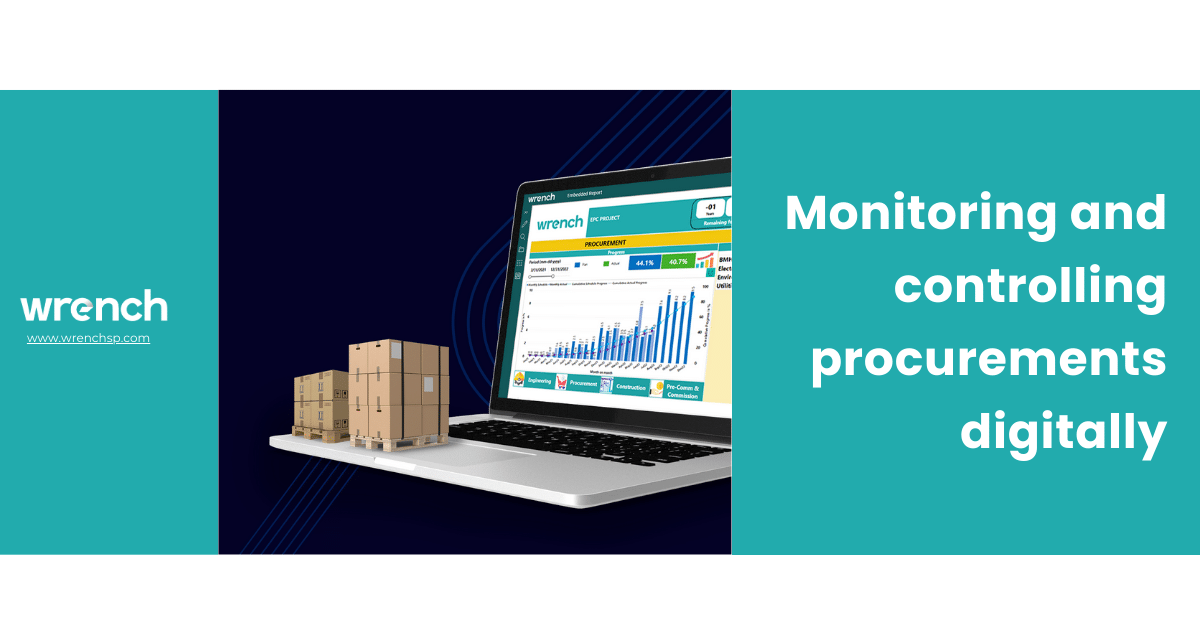
Monitoring and Controlling Procurements Digitally
The value of procured items in EPC (Engineering, Procurement, and Construction) projects can vary depending on project specifics, but typically, it ranges from 60% to 80% of the total project cost. Getting these procured items…
- 05 Mar 2024

Procurement: The Post-Order Phase
In a previous blog post titled “How Procurement Delays Hold Up Project Completion” we looked at some of the challenges that can occur during the procurement processes of the pre-order phase. However, such challenges are…
- 03 Nov 2022
Featured Posts
Subscribe to Our Blog
Sign up for our regular updates on project productivity, delivered straight to your inbox
Archives
- June 2024
- May 2024
- April 2024
- March 2024
- January 2024
- December 2023
- November 2023
- September 2023
- August 2023
- July 2023
- June 2023
- May 2023
- April 2023
- March 2023
- February 2023
- January 2023
- December 2022
- November 2022
- September 2022
- June 2022
- May 2022
- April 2022
- March 2022
- January 2022
- November 2021
- October 2021
- July 2021
- June 2021
- May 2021
- March 2021
- February 2021
- January 2021
- December 2020
- November 2020
- September 2020
- August 2020
- June 2020
- April 2020
- March 2020
- February 2020
- January 2020
- November 2019
- October 2019
- September 2019
- August 2019
- April 2019
- March 2019
- December 2018
- October 2018
- September 2018
- August 2018
- July 2018
- June 2018
- May 2018
- April 2018
- January 2018
- November 2017
- October 2017
- September 2017
- May 2017
- April 2017
- March 2017
- February 2017
- January 2017


